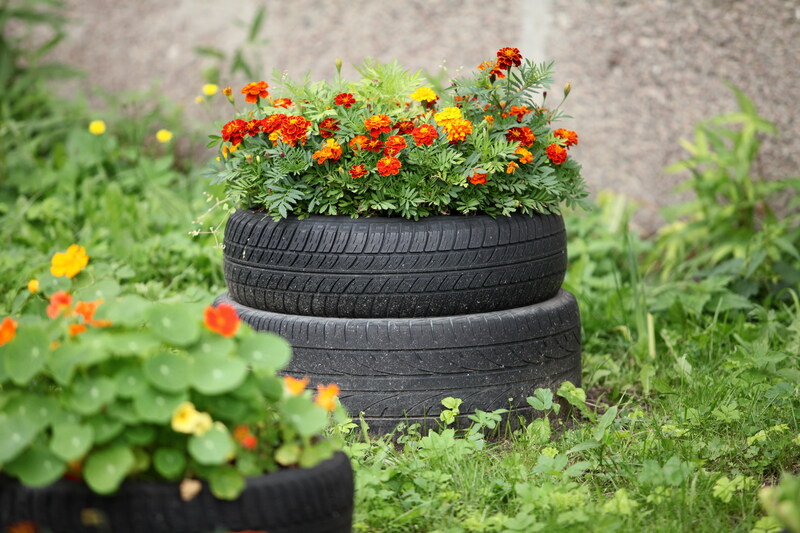Introduction to Waste in Renewable Energy Production
As the world increasingly shifts towards sustainable practices, the use of waste in renewable energy production is gaining significant momentum. Harnessing waste materials not only aids in energy generation but also addresses the dual challenge of waste management. This article delves into the various types of waste that are effectively utilized to produce renewable energy, highlighting their advantages and potential impact on the environment.

Types of Waste Used in Renewable Energy
1. Biomass Waste
Biomass waste refers to organic materials that can be used to produce renewable energy. This includes a range of sources such as:
- Animal Manure: Livestock farms produce large amounts of animal manure, which can be converted into biogas through anaerobic digestion.
- Forest Residues: Waste wood, branches, and leaves left from logging operations can be utilized to produce energy through combustion or gasification.
- Agricultural Waste: Crop residues, such as straw and husks, are abundant biomass resources for generating bioenergy.
Biomass energy conversion not only reduces waste but also results in valuable by-products like fertilizers.
2. Municipal Solid Waste (MSW)
Municipal solid waste (MSW), commonly known as trash or garbage, is a rich source for renewable energy. Its potential lies in:
- Landfill Gas: As organic MSW decomposes in landfills, it produces methane gas, which can be captured and converted into electricity or heat.
- Incineration: Waste-to-energy plants burn MSW at high temperatures to produce steam, which drives turbines to generate electricity.
Using MSW for energy production not only decreases the volume of waste in landfills but also provides a reliable energy source.
3. Industrial Waste
Industries generate various types of waste that can be leveraged for energy production:
- Waste Heat Recovery: Industries with thermal processes, such as cement or steel manufacturing, can capture waste heat and convert it into electricity through cogeneration systems.
- Sawdust and Wood Chips: These by-products of furniture and construction industries serve as excellent biomass fuel sources.
The use of industrial waste not only supports energy diversification but also improves overall industrial efficiency.
Benefits of Using Waste for Renewable Energy
Utilizing waste for renewable energy production presents numerous advantages:
- Environmental Impact Reduction: It aids in reducing greenhouse gas emissions and limits dependency on fossil fuels.
- Decreased Landfill Usage: Transforming waste into energy mitigates the burden on landfills, conserving valuable land resources.
- Cost-Effectiveness: Converting waste to energy often proves more economical compared to traditional waste disposal methods.
Challenges and Considerations
Despite the benefits, several challenges persist in using waste for energy generation:
- Collection and Sorting: Efficient waste collection and sorting mechanisms are crucial for the success of waste-to-energy projects.
- Technological Advancements: Continuous research and development are required to enhance the efficiency of waste-to-energy technologies.
- Public Perception: Addressing public concerns regarding environmental and health implications is essential for wider acceptance.

Future Prospects
As technology advances, so does the potential for waste as a renewable energy source. In the coming years, the integration of artificial intelligence and machine learning is expected to improve waste sorting and energy conversion processes. Collaboration between government bodies, industries, and communities will be pivotal in realizing the full potential of waste in sustainable energy production.
Conclusion
The use of waste in renewable energy production offers a promising pathway towards a sustainable future. By effectively leveraging diverse waste types, we can not only generate clean energy but also significantly minimize environmental impact. As society progresses toward sustainable development, the innovative use of waste in energy production will continue to play a vital role.
Embracing waste-to-energy initiatives will require an inclusive approach, encompassing technological advancements, policy support, and public awareness. By doing so, we can pave the way for a cleaner, greener planet.